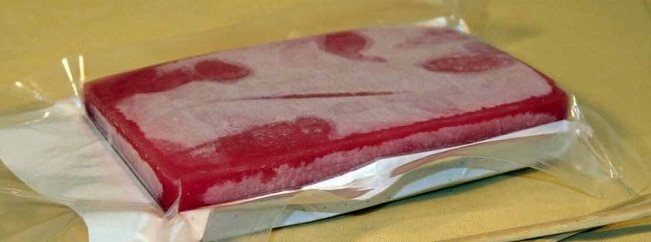Q. Why do I have to share so much of my judgment (that I spent a fortune getting) with a Judgment Enforcer? Why do Judgment Enforcers charge so much? It’s not fair. I paid to get the judgment – why do I have to pay again?
A: Most judgment enforcers know what this feels like, because many judgments are based on theft and fraud. Some judgment enforcers started their careers by being ripped off by some judgment debtor. Such feelings happens to many who “win” a judgment, and then later discovers that does not mean getting paid.
Bill Fason, from the Office Of Judgment Enforcement, once wisely wrote:
You must pay (time and/or money) to get a judgment. Then to get it turned into cash, you must pay again. Even without a judgment enforcer, you have to pay the courts, Sheriffs, and others – with no guarantee you will be repaid. With a judgment enforcer you are usually spared additional time and expenses.
The expenses and hassles of judgment enforcement is covered elsewhere on our site, but let’s look at it one more way – converting a piece of paper into cash in your pocket.
With a judgment – you have to pay (the normal exchange rate is 50%) to get your legal right, changed into what you really want – cash. Here are 3 analogies:

1) A merchant buys a 300 pound Tuna fish for 50 cents a pound. A 300 pound fish on your doorstep would not be a good thing. You would gladly pay much more than 50 cents a pound for a filet of tuna steak, flash-frozen and wrapped.
2) Water is everywhere – but it costs money for water ready to drink.

3) A court judgment – is an idea on paper.
It takes a lot of work to turn that idea, via sometimes expensive legal methods, into cash. That is why one must pay (one way or another) to get a judgment debt turned into actual cash.
